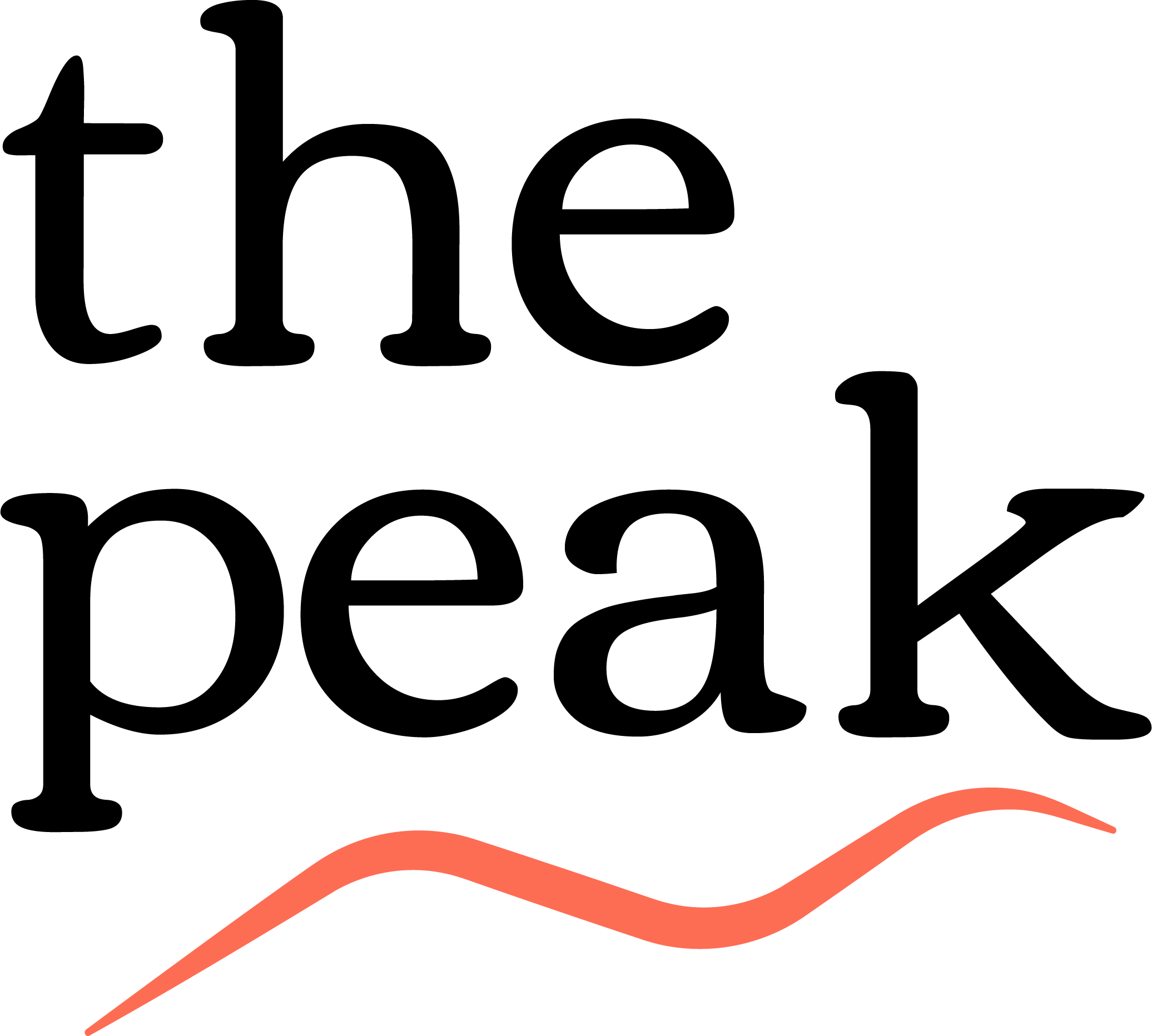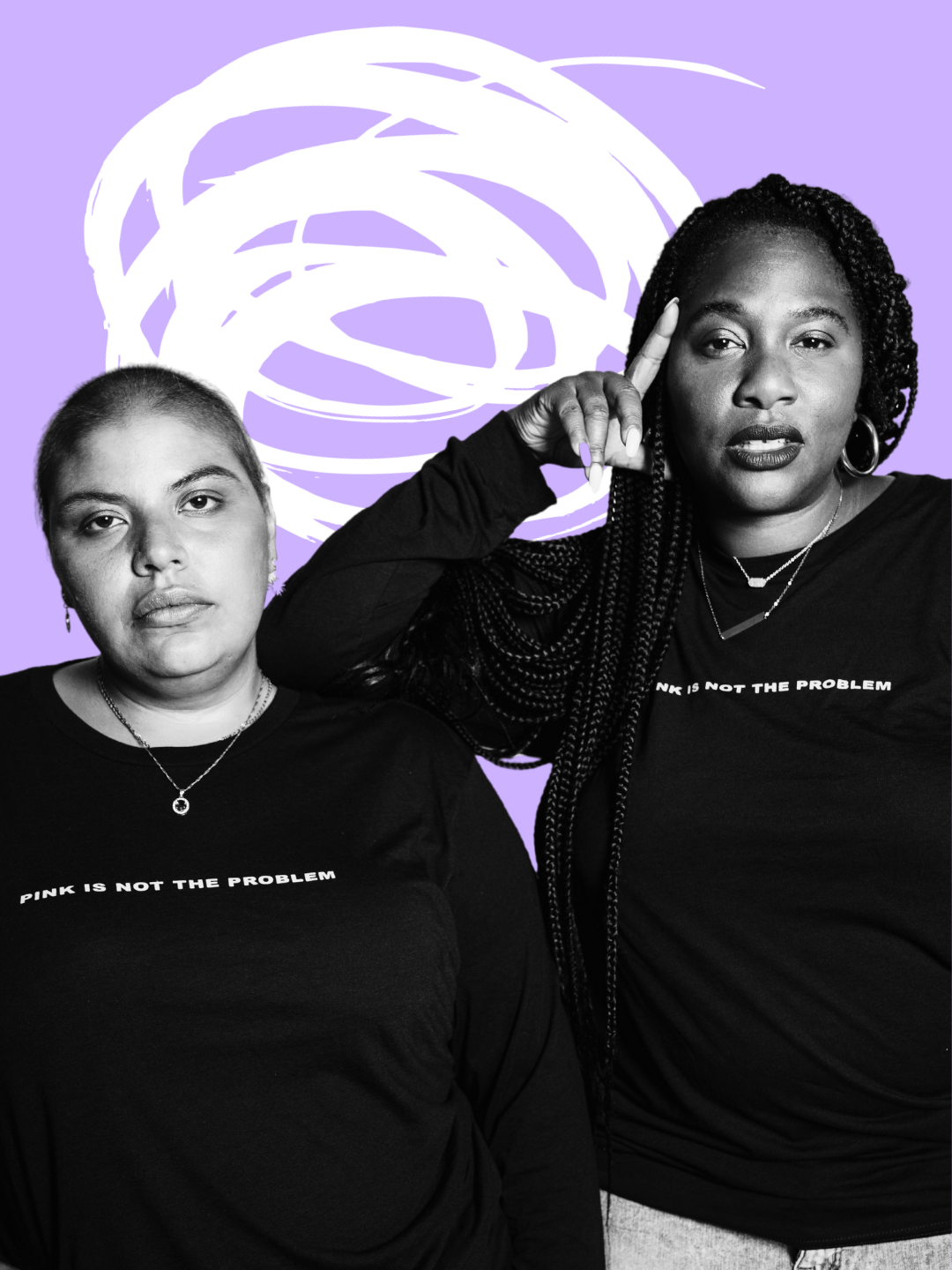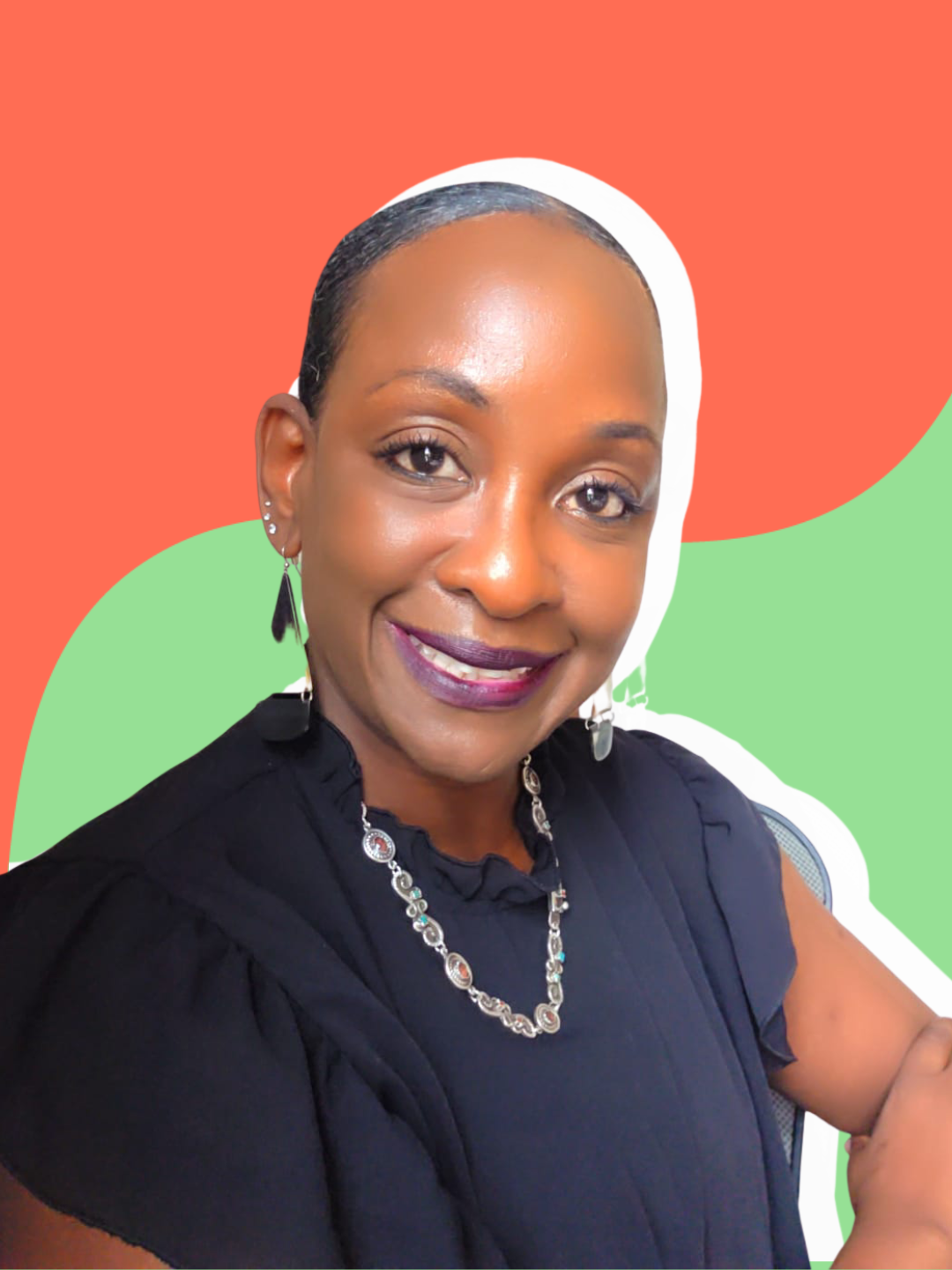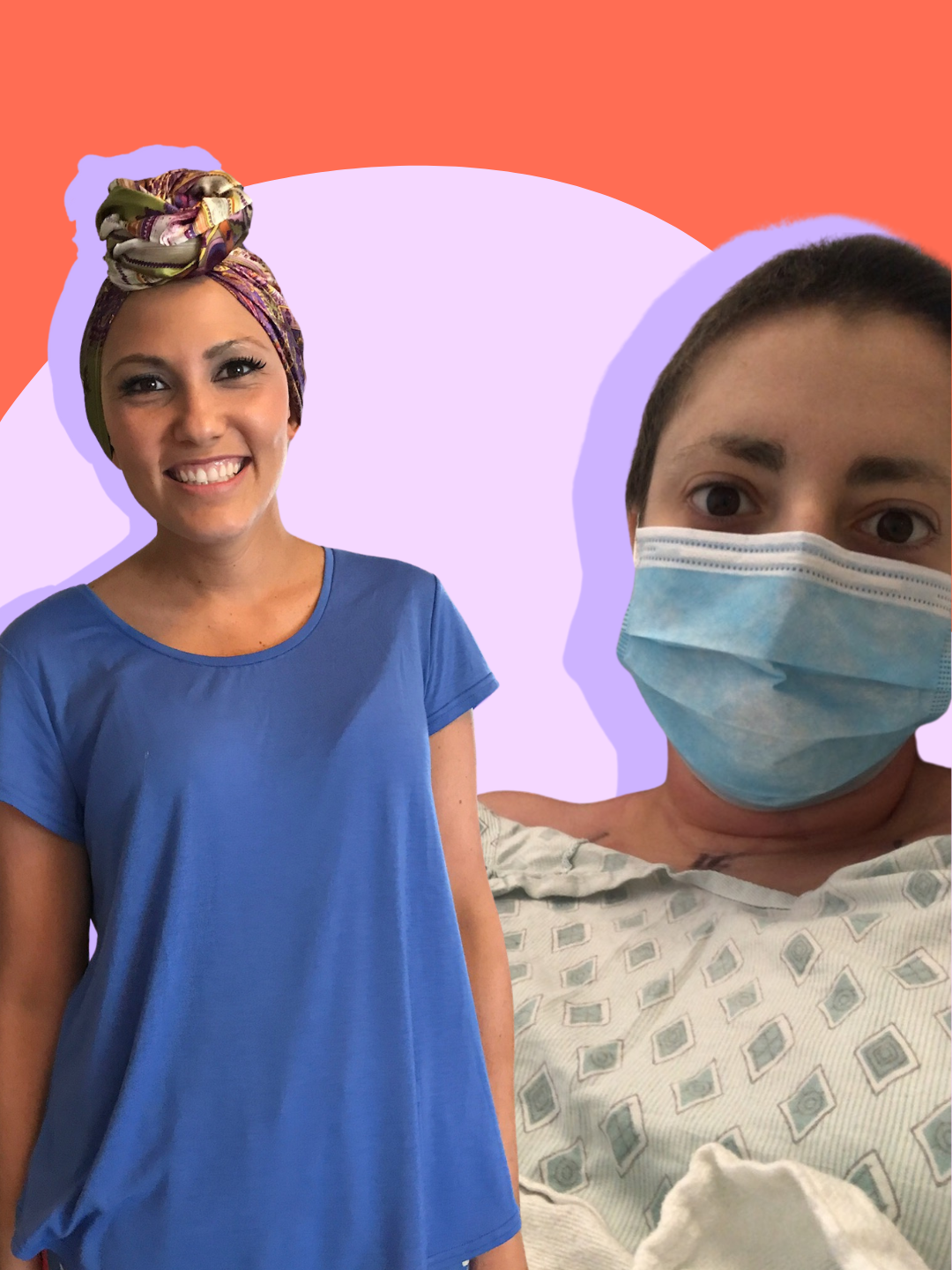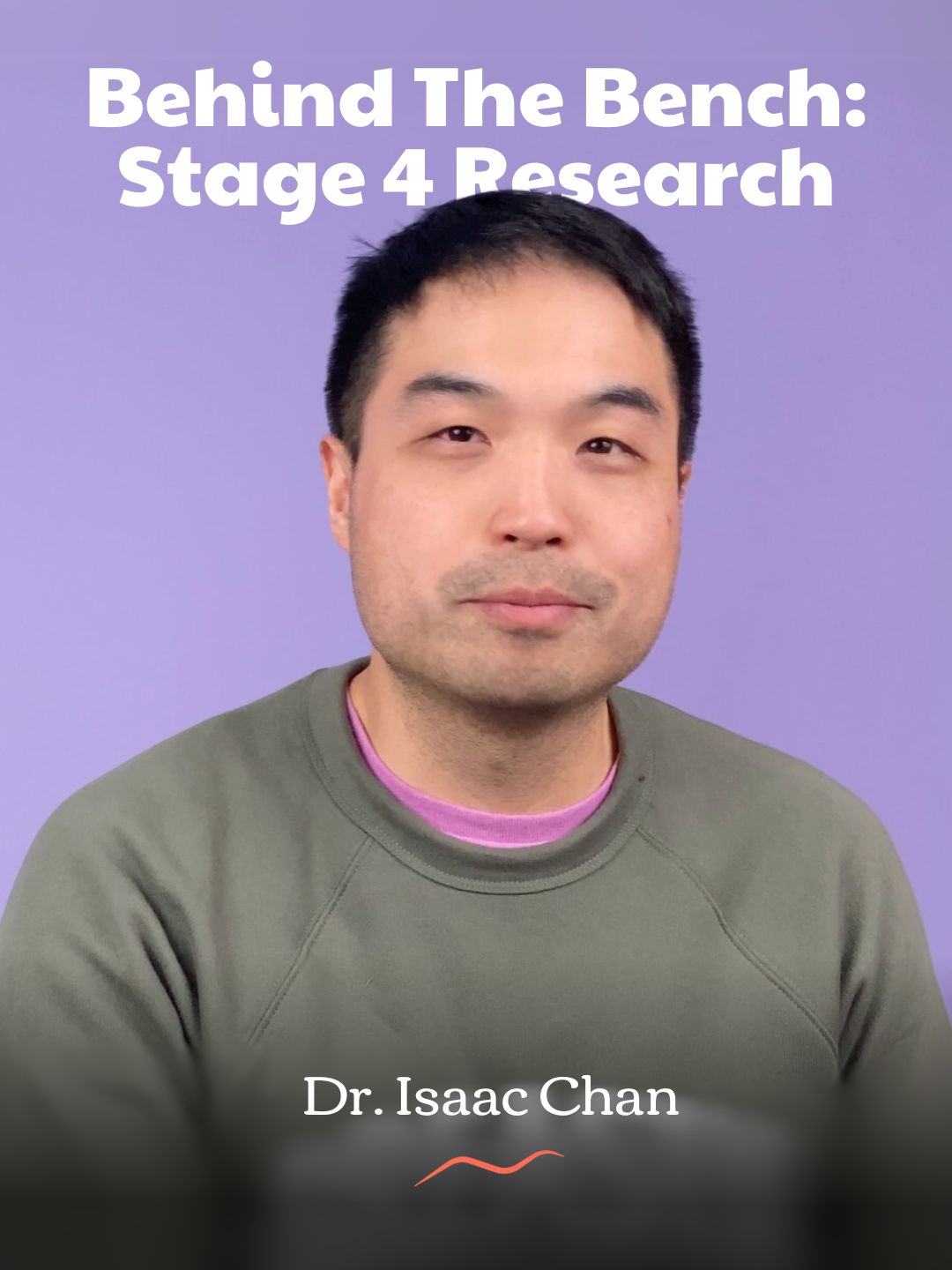October is Breast Cancer Awareness Month. There is an influx of pink, with pink campaigns, pink products, pink ribbons to “support” the cause. Breast cancer has become a multibillion dollar industry but it’s entirely unregulated.
#PinkIsNotTheProblem is an initiative created by the community for the community.
The Breasties 501(c)3 nonprofit organization brought together 10 community members, all affected by breast cancer in some capacity.
They were asked questions about their experiences surrounding breast cancer awareness month, the color pink, the exploitation of stories, and pinkwashing.
What Is Pinkwashing?
Pinkwashing is defined as a marketing tactic. The exploitation of breast cancer for profit or public relations. The act of supporting the breast cancer cause or promoting a pink ribbon product while actively producing, manufacturing, or selling products lined to the disease. The exploitation or objectification of community members' stories for marketing or monetary gain.
Pink Is Not The Problem: Full Video
Pinkwashing Is Harmful
- Lack of transparency around funds: Charitable giving around breast cancer is unregulated. The presence of a pink ribbon does not equate to a donation being made and the amount/use of funds is not always communicated clearly.
- Many are profiting off the cause: Companies and organizations are using breast cancer to further their marketing efforts for personal gain. Profits from these campaigns, are not being used to meet the needs of those impacted by breast cancer.
- Community members are being exploited: The stories of individuals impacted by breast cancer are used to sell products and/or enhance marketing efforts, without compensation or a donation to the cause.
A Few Unsettling Facts
- Only 2%-5% of funds raised for breast cancer research goes towards stage 4 research.
- The color pink can be placed on anything and there's no requirement for it to give back to breast cancer.
- The average “giveback” from a pink product or campaign is less than 10% of proceeds.
- A pink ribbon can be put on products that are harmful, unhealthy, toxic, or carcinogenic.
Meet the Advocates Behind the Campaign
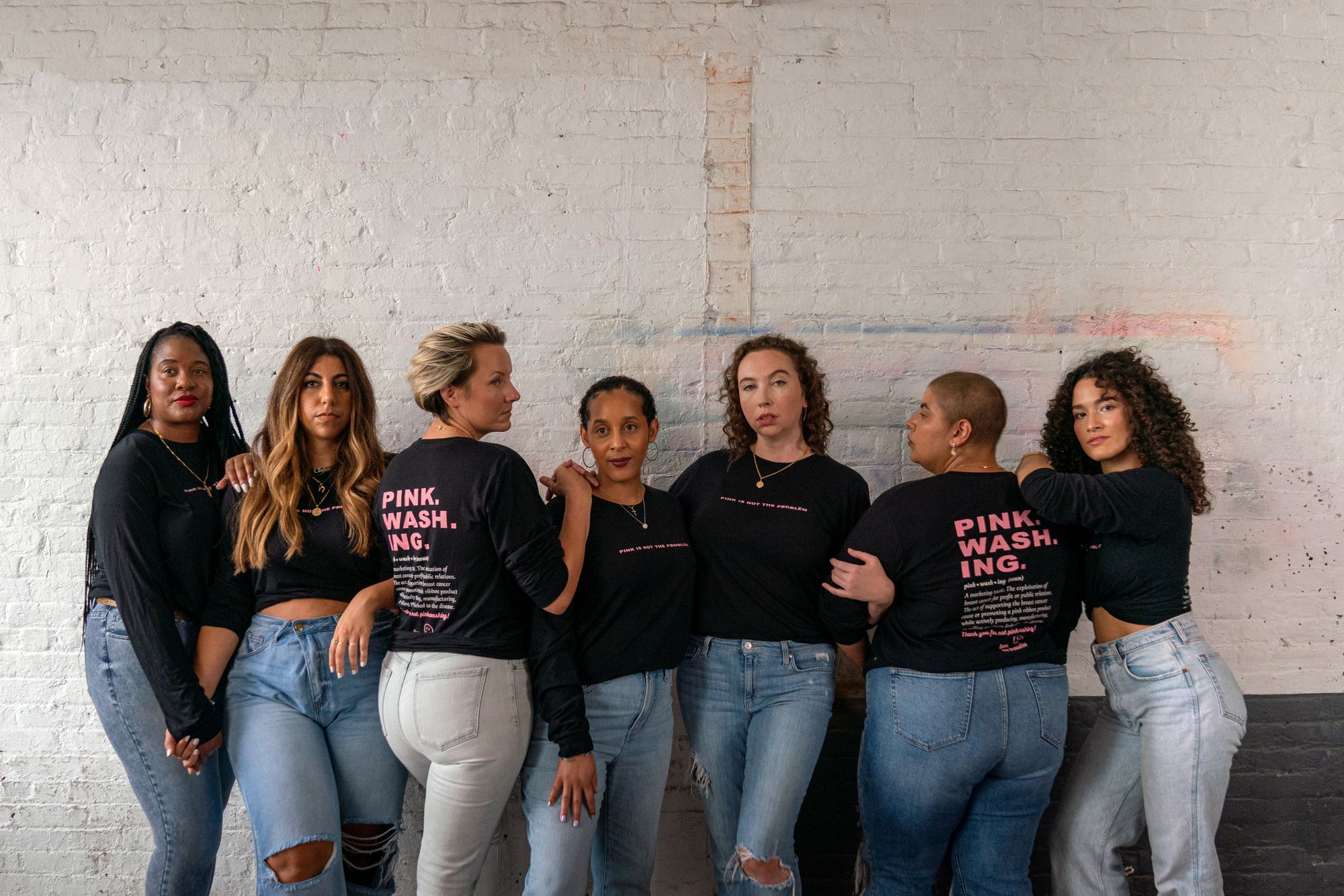
Alexis, Diagnosed with Breast Cancer at Age 28
“There's nothing wrong with the color pink. It's just another color, but at the end of the day, it’s about what it represents because imagery has power. So it’s about what the color pink represents and pink ribbons represent. The fact that companies use the concept of pain and the stories of breast cancer survivors without actually giving back, is really frustrating.”
Yahira, Diagnosed with Breast Cancer at Age 31
“Where is all this money going that they're supposedly raising? You trust that the company's actually doing something good for the community instead of just being pink. Companies also do it a lot with other things; Black Lives Matter, Pride Month … rainbows all over the place. I hope that your intention as a company is good, that you're also donating to these causes.”
Dana, Diagnosed with Breast Cancer at Age 27
“Breast cancer is not a holiday. Breast cancer is not a holiday like Halloween and Christmas and Memorial Day. Breast cancer happens every day of every year for every year that we've lived and every year that we will live. It's not a holiday. It should not be treated as such. And it should not be a promotional activity, period, end of story.”
Clara, Diagnosed with Breast Cancer at Age 36
“The hypocrisy to me is, don't pretend to be fighting alongside us when you're not really doing much of it. You're actually profiting off of our pain and off our struggle and that's just not cool. It's not.”
Lauren, Diagnosed with Breast Cancer at Age 30
“From finding my own lump on my breast in the midst of a shower, and immediately having a knowing that it was cancer, to going through a year of treatment and recovery ... it's a part of my identity at this point. It's how I identify in this world as somebody who had cancer and will always be faced with those challenges. The impact is vast and everlasting.”
Trish, Diagnosed with Breast Cancer at Age 37
“I would say [to corporations and organizations] lead with your heart, do the best you can. But if it's an organization that makes billions of dollars, then seeing them say 3 percent of proceeds will go back to the cause then that just doesn't feel good to me. That would give me pause … I would put that item back on the shelf. Just kind of do a little mental math and also consider where it's going.”
Bianca, Diagnosed with Ovarian Cancer at Age 11 and Breast Cancer at Age 22
“No one should be making a profit off of cancer. No one period. You should pay the actual patients and survivors and previvors and thrivers to work with you to spread awareness and to actually raise money for research and the community. And most of the time, if a hundred percent of the profits are actually going to research or the community, we would happily do it for free.”
Allie, Diagnosed with Breast Cancer at Age 28
“Everyone in the breast cancer community wants the same thing. We want to get rid of this disease. We want to help people who are affected by this disease. And the only way to do that is to support organizations that actually provide resources and programs to the community and who are supporting research.”
Paige, Preventative Mastectomy at Age 24
“I would say to a CEO and to the marketing team (of a pinkwashing campaign), we want your help and we appreciate your help. And we want to work together. Instead of coming to us when you've already created the campaign and you're just trying to plop in an organization, why don't you bring us into the process, into the creation, into the ideation?
Bri, Preventative Mastectomy at Age 26
“When I see a pink washing campaign now, my first instinct is to roll my eyes and it does feel a little bit like someone's kind of punching you in the gut. It just feels like it doesn't matter what your story is, if this disease has changed your whole life, or if it has taken someone so close to you away. Companies now see this as marketing and as this shallow level of social awareness.”
Head to PinkIsNotTheProblem.org for more about the campaign and how to truly make a difference as an informed consumer, nonprofit, corporation, or when supporting a loved one.
